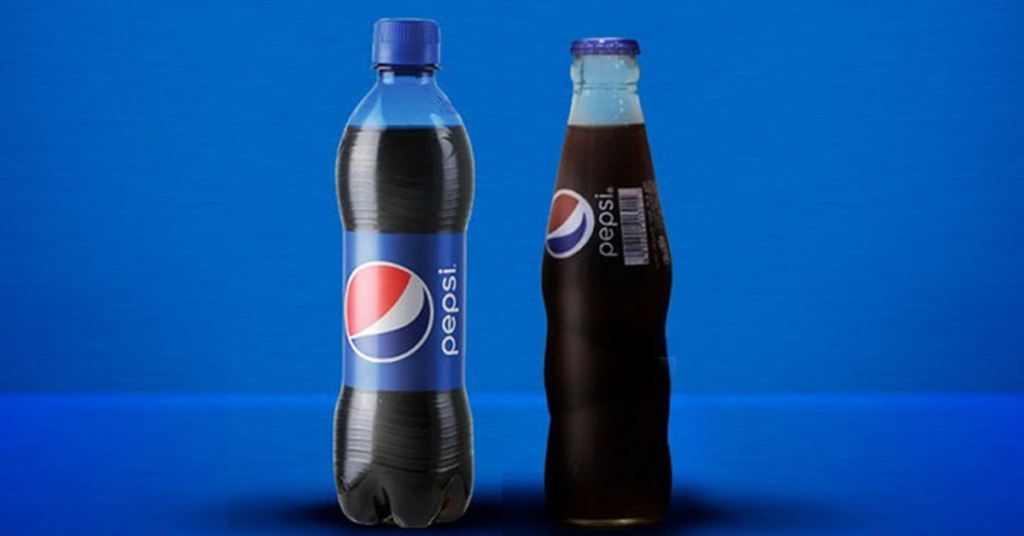
As Lebanon’s first agri-food innovation cluster, QOOT Cluster is working hard to foster collaboration, strengthen linkages and increase opportunities for the country’s food sector, promoting it to a new level of innovation and global recognition.
As a proponent of collaborative innovation, QOOT Cluster recognizes the value of cross-sector partnerships in the agri-food industry. Connecting Société Moderne Libanaise pour le Commerce (SMLC) to the University of Balamand (UOB) was one of the first success stories in bridging the gap between academia and industry within its framework.
The collaboration project between UOB and SMLC was established with the aim of focusing mutual efforts on comparing the life cycle environmental impacts of two different packaging materials (polyethylene terephthalate and glass) for carbonated beverages. The project was conducted by a UOB Chemical Engineering Master’s student, Ms. Marleine Boutros, and was co-supervised by Dr. Rima Manneh, Associate Professor and Chairperson of the Chemical Engineering Department at the Faculty of Engineering at UOB, and Dr. Sabine Saba, Assistant Professor at the Issam Fares Faculty of Technology at UOB. Dr. Shady Khoury, Director of Operations at SMLC provided all necessary data needed for the modeling. Ms. Boutros successfully defended her thesis on the 14th of December 2020 and is currently finalizing an article to be submitted for publication in a peer-review scientific journal.
SMLC – Société Moderne Libanaise pour le Commerce- is the first Pepsi franchisee and bottler in the Levant. The company started its operation in the Hazmieh plant and over the years, the company grew its line of products to include Mirinda, 7up and a number of other brands; The company has known considerable success and has grown significantly in over 60 years of operation. In 2001, SMLC made a strategic alliance with PepsiCo. This joint venture proved very successful since SMLC grew considerably as a company; and has expanded both in its portfolio of products and geographically. Since then, a number of brands were gradually added to SMLC’s portfolio, these include: Tropicana, Mr. Juicy, Lipton Ice Tea, Gatorade, AMP, H2Oh!, and Aquafina mineral water.
As a socially responsible company, SMLC is committed to protect the employees, the environment and the community where it operates. To stay true to this commitment, SMLC embarked on a journey to protect earth’s natural resources through more efficient use of water, energy and packaging materials. One of its major business is the returnable glass bottles which, in its nature, reduce the number of glass bottles used by washing and reusing them several times. Moreover, the company uses as well plastic and can packages which are fully recyclable.
The research project in the field of LCA by comparing returnable glass and plastic bottles came as a common objective between SMLC and UOB within the framework of QOOT Cluster collaborative environment.
The University of Balamand is a leading academic institution pioneering in the field of Life Cycle Assessment (LCA) in Lebanon. LCA is a tool that can help identify the environmental impacts of a product, process, or service throughout its life cycle, i.e. from the raw material extraction to the end-of-life. This research project was the first of its kind in Lebanon. No other LCA studies were previously performed for carbonated beverages packaging in Lebanon, and only a few LCA studies exist for the Lebanese agri-food sector.
Dr. Manneh, a leading scholar in LCA and one of the very few LCA researchers who have instigated LCA in Lebanon, is very enthused by this project’s outcomes. She strongly believes that LCA will help in further bridging the gap between academia and industry, which in turn can only help the community and the environment. QOOT Cluster will hopefully remain a key partner and facilitator of such activities.
Professor Rami Abboud, Vice President for Internationalization and Engagement and Dean of Faculty of Engineering stated: “I was sold the idea of LCA by Dr. Manneh from the minute I arrived to UOB in July 2019. Dr Manneh’s passion to LCA is immeasurable and her persistence to establish the first LCA Centre in Lebanon and the MENA region will be launched soon at the Faculty of Engineering. The SMLC project will be one of many other future projects that I am sure will be as successful fulfilling our moto from Lab to Society”.
Dr. Elie Karam, Acting Dean of the Issam Fares Faculty of Technology mentioned: “QOOT Cluster’s project in joining partners from two faculties of the University of Balamand with SMLC is a real success story. In addition to its substance and academic collaboration values, the project symbolizes the real value of sustainable development by developing strong and tangible working relations exploiting science fundamentals and research methods in the industrial production sectors capitalizing on sustainable economic concepts with direct impact on human life. Facing the current international and national traumatic conditions, I believe that genuine collaborations like this one can keep our hope alive that things can be improved and that small countries like Lebanon can be developed.”
This collaboration through QOOT Cluster is reducing the gap between Academia and the industry to push the agri-food sector forward.





